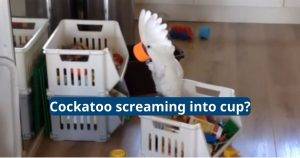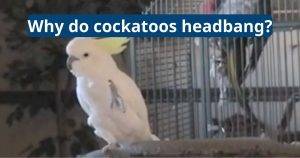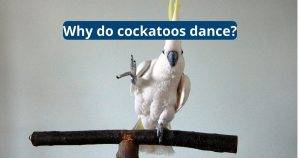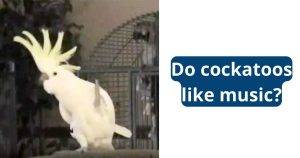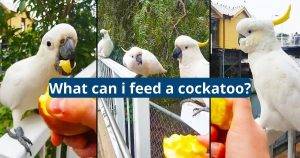How Smart Are Macaws?
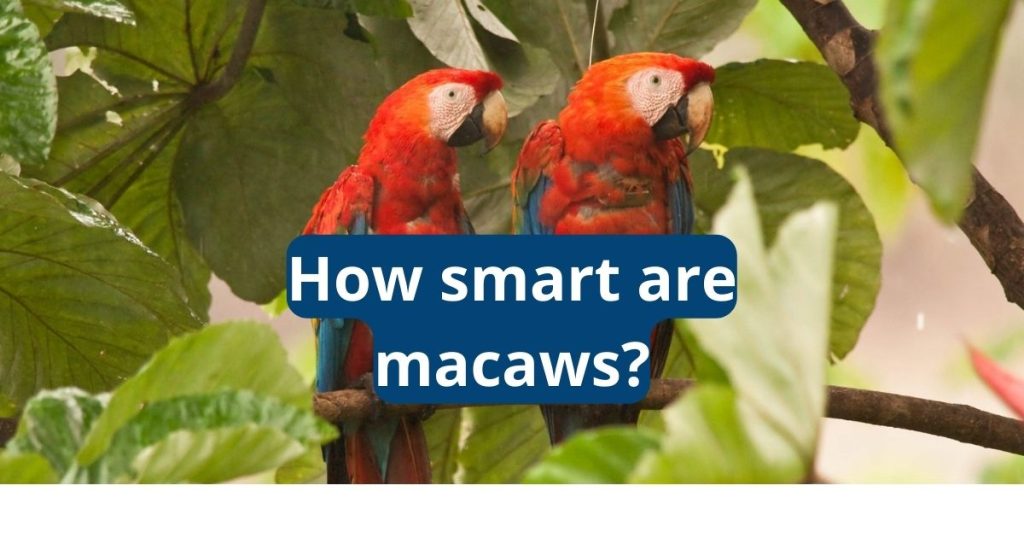
Macaws are intelligent birds. Their IQ is comparable to that of a human toddler, and they can solve problems on their own. For example, they can find seeds hidden in pebbles or hold a nut and break it into pieces. They also have the ability to select their favorite food.
They can mimic human speech
In the wild, macaws gather in flocks of 10 to 30 birds. They communicate with each other using a variety of sounds, including squawks and shrieks. Their vocalizations help them mark their territory, identify each other, and advise one another. Some of them even sing for their mates, a ritual that helps them calm down after a day of foraging and eating fruits.
Scientists have discovered that parrots have a circuit in their brains that allows them to mimic human speech. This circuit, called the telencephalic-midbrain-cerebellar loop, is similar to the primate brain. It enables macaws to understand and execute complex behaviors.
Macaws are smart birds, but they can become bored if not given enough mental and physical stimulation. This is why it is important for owners to play with their pet frequently, talk to them, and interact with them in a positive way. This will keep their minds and bodies active, and it will also help them form a close bond with their owner.
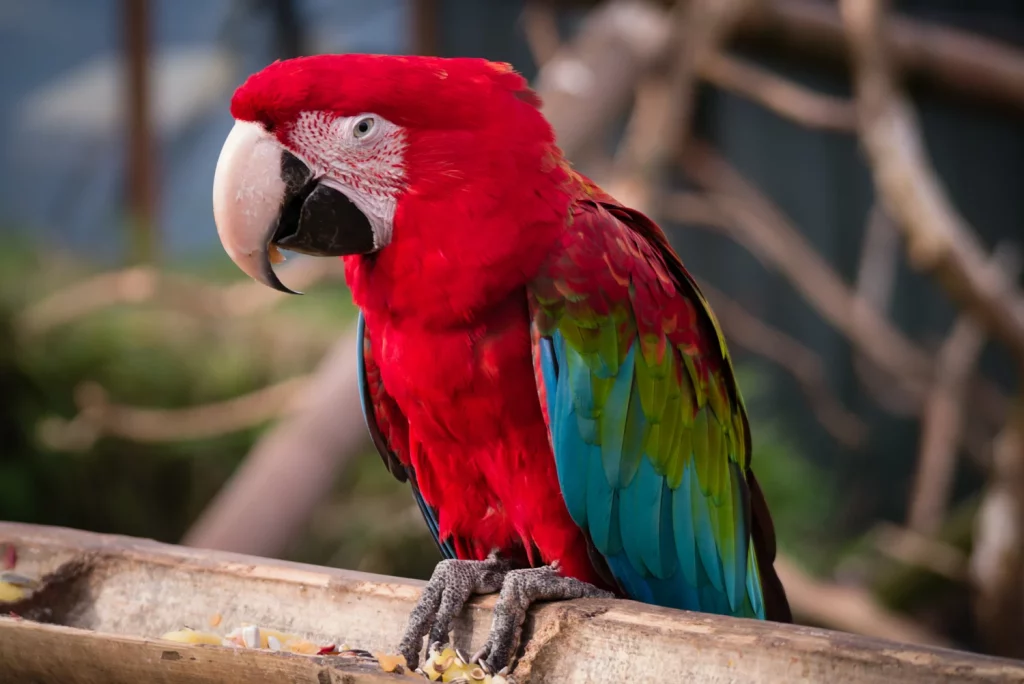
They have a complex social structure
Macaws are highly social birds and are known for their ability to learn and mimic speech. They are gregarious and live in flocks of up to 100. In the wild, they make loud calls and squawks that can be heard throughout the jungle. These noises are used to mark territory and communicate with other macaws. In captivity, they will usually bond with one person and become physically affectionate with them.
These intelligent parrots have an IQ that can be compared to that of a toddler. They are very active birds and can live up to 35 years in the wild, but will likely live for 80 years in captivity under ideal conditions. They are quick learners, but they need to be mentally and physically stimulated to avoid boredom. If they are not entertained, they will exhibit negative behaviors like aggression and bitey behavior.
These birds are capable of learning complex words and phrases if they are taught by their owners. In addition, they can also be trained to dance and play a variety of games.
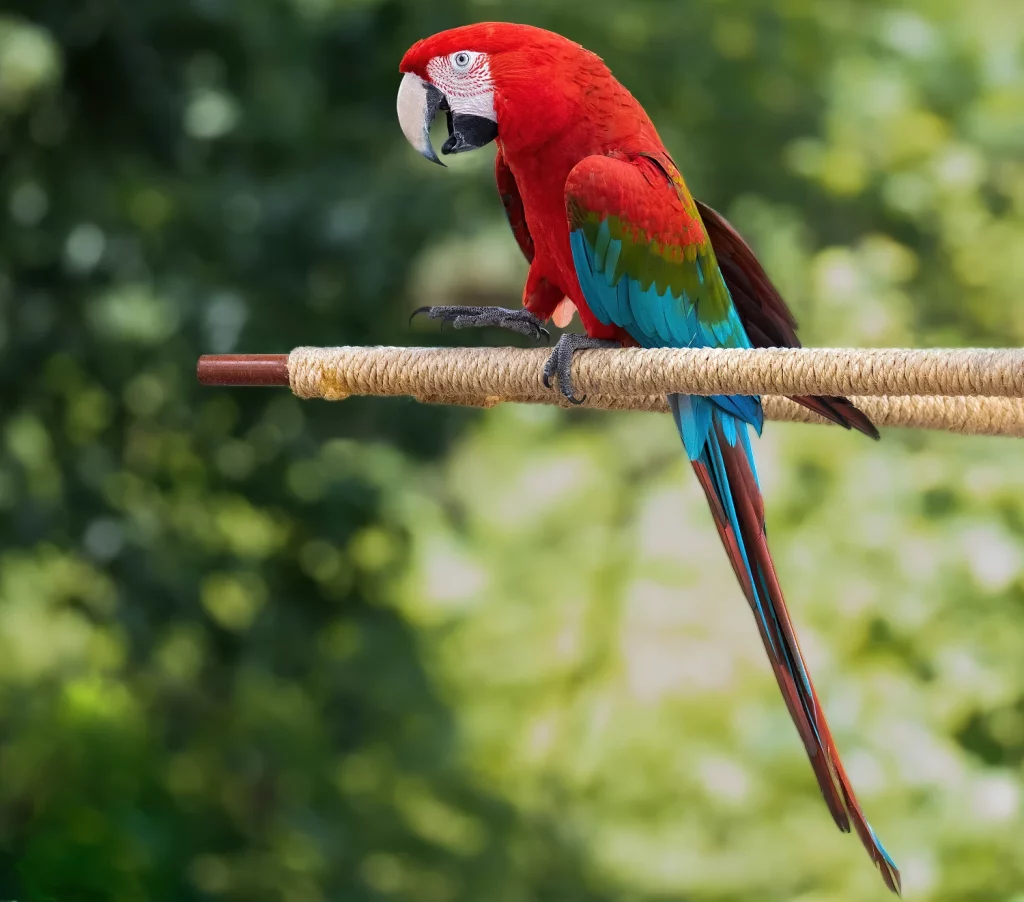
They can solve minor problems on their own
Macaws use their brain to plan their activities and can solve minor problems on their own. For example, when they are hungry, they can find food anywhere in their cage if it is hidden. This is a natural behavior that helps them to get what they want without bothering others.
They also have a good sense of humor and love to tease their owners. However, they can be aggressive and need to be kept busy with attention, toys, and training. They can also be nippy and bity, but these traits usually disappear once they become bonded to their owners.
The researchers also found that African grey parrots are more likely to help a friend than a stranger. This is probably because African greys live in large flocks and have strong social bonds. Moreover, they tend to favor their friends and share more tokens with them than strangers. However, the researchers would like to study the reason why these differences exist.
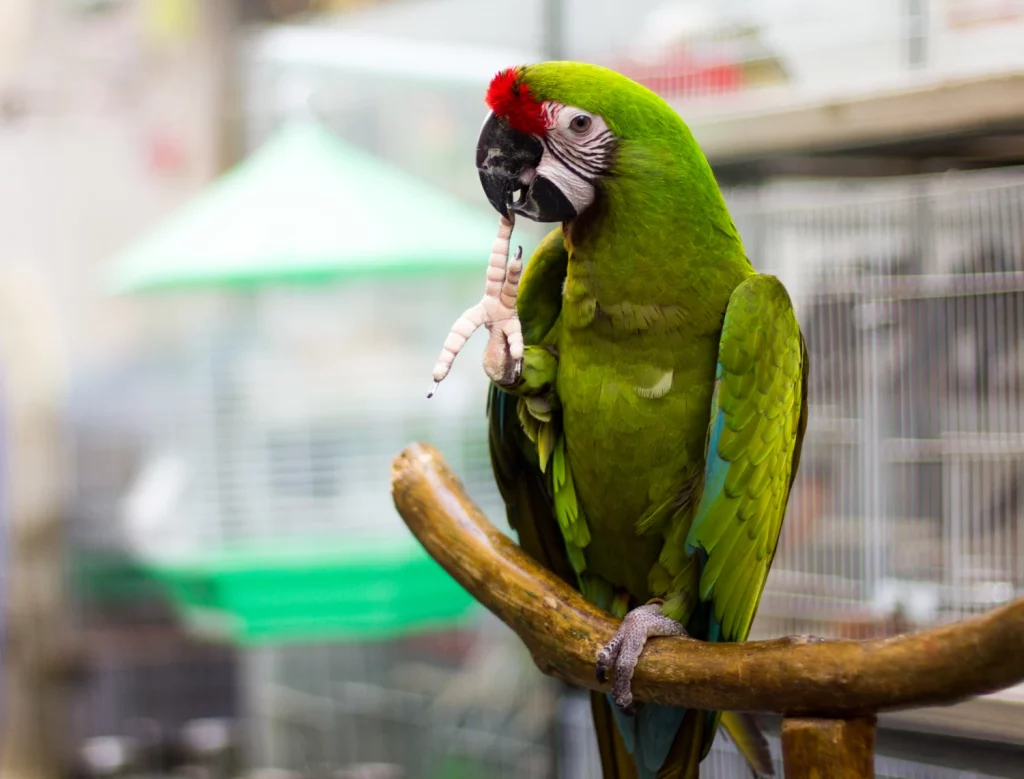
They can learn new things
Macaws are intelligent animals that take in everything they see, hear, and experience. They can solve minor problems on their own and even find food hidden in places like pebbles or nuts. They can also hold and break a nut into pieces with their beaks. Macaws are also attention-seeking animals and love to interact with their owners.
If a macaw does not get enough mental and physical stimulation, it can become bored and may resort to aggressive behaviors. To avoid this, it is important to keep the macaw engaged in various activities and training sessions.
It takes a lot of time and effort for a macaw to learn new sounds, especially words. It is important to use the right methods for speaking training. Some tips include using a reward to motivate them and getting other people involved in the process. This will give the macaw more opportunities to learn new words and practice their pronunciation.

